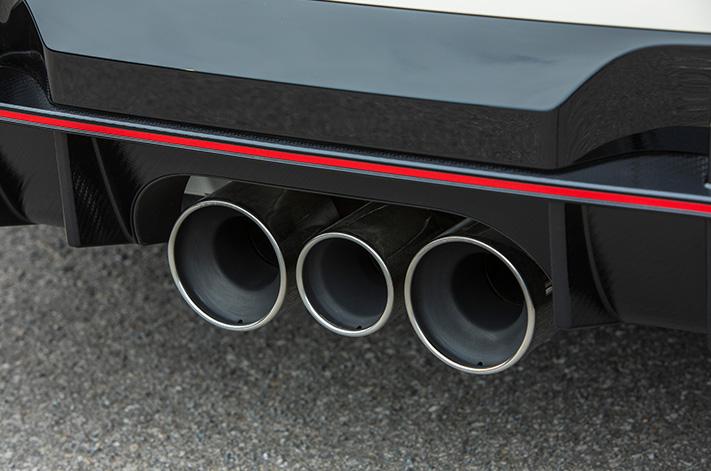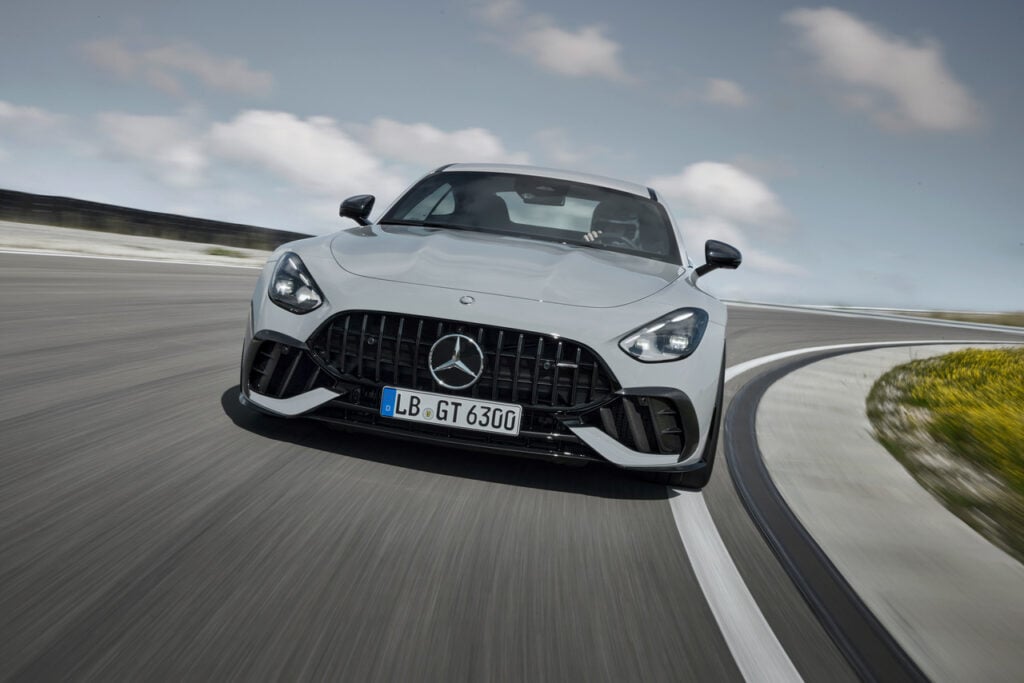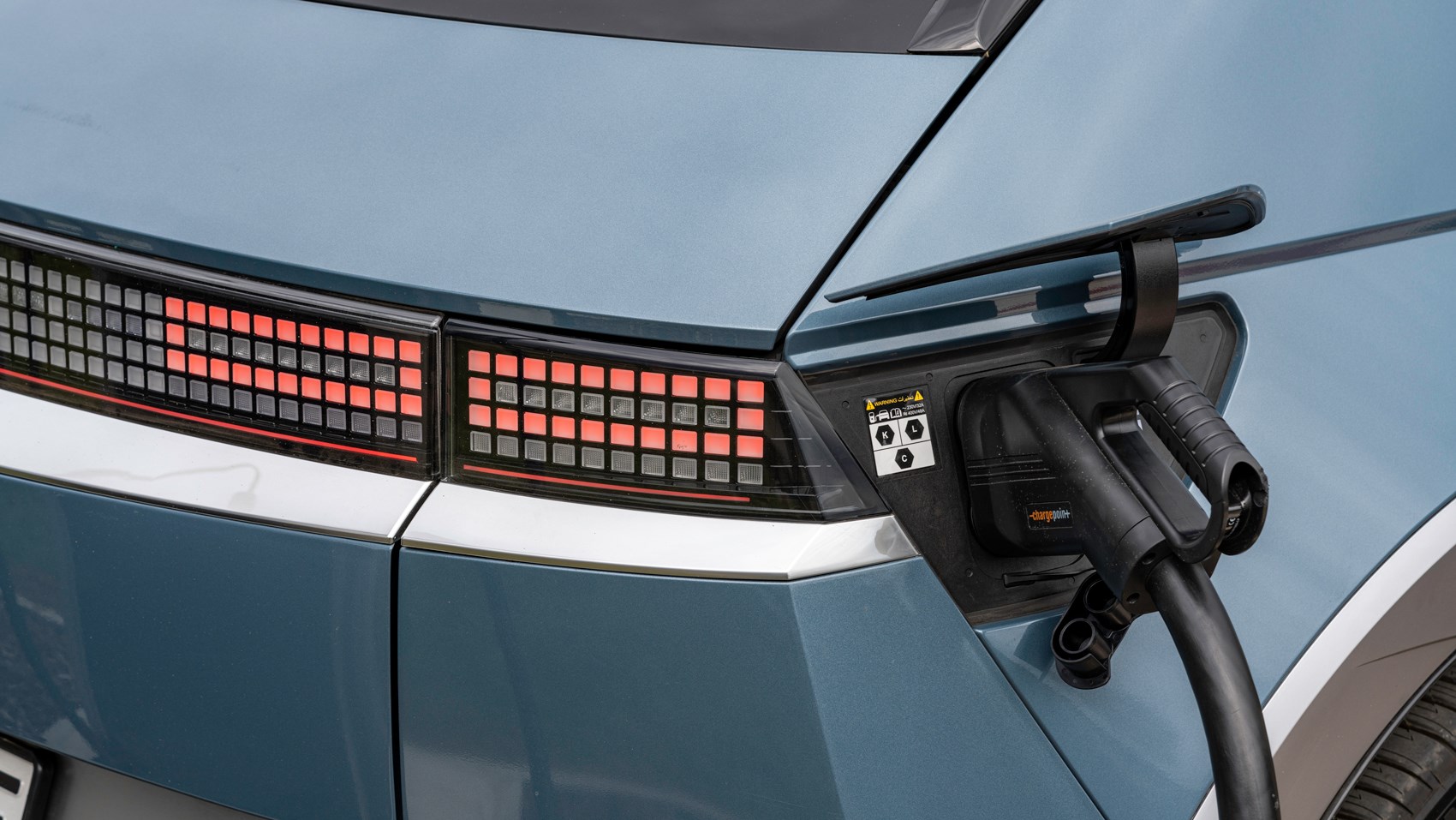
UPDATE, January 5, 2022: Hyundai has issued a statement confirming it has not entirely abandoned the development of internal-combustion engines.
Representatives for the company told Motor1: “Hyundai Motor Group can confirm that it is not halting the development of its engines following recent media speculation.”
However, while the Korean car giant may not have entirely turned its back on diesel and petrol engine development, it’s possible there’s an element of truth from earlier reports.
Hyundai has been one of the more aggressive manufacturers when it comes to pursuing electric and hydrogen powertrains. But despite this, internal-combustion will remain a key form of propulsion in many markets for the remainder of this decade.
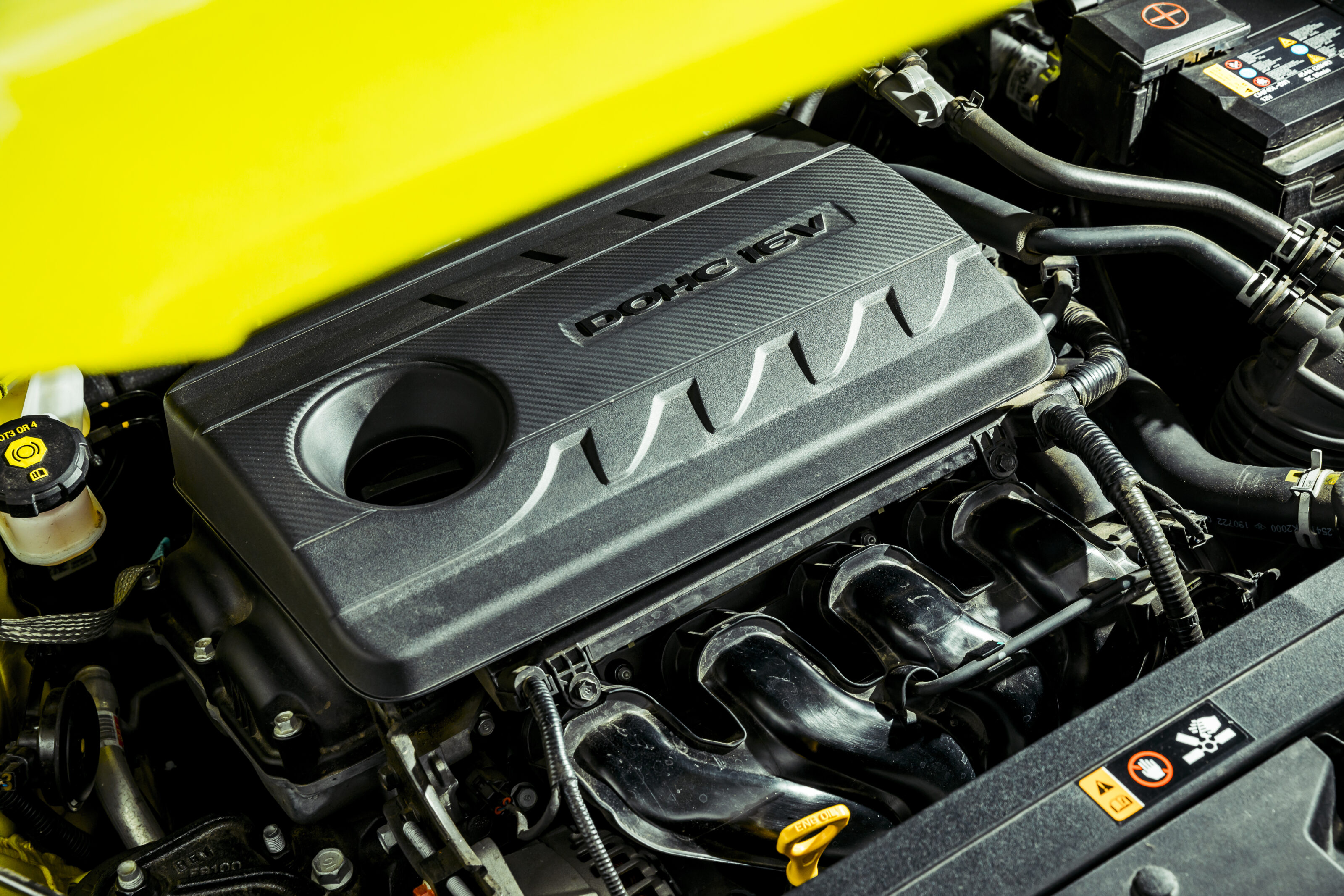
The story to here
December 30: Following reports last week of Hyundai stopping development of diesel and petrol engines to focus solely on zero-emission powertrains, new information out of Korea suggests the carmaker has also turned its back on hydrogen.
Local newspaper The Chosun Ilbo (via The Korean Car Blog) is claiming Hyundai has halted the Genesis hydrogen car project, due to its third-generation hydrogen fuel-cell system falling short of expectations.
The company is said to have significantly reduced the role of the department responsible for developing hydrogen propulsion within the organisation.
However, South Korean publication Maeil Business has since published a denial from Hyundai Motor Group, stating its fuel-cell development of the Genesis fleet “remains intact”.
The car giant has been a staunch advocate of hydrogen technology in recent years, with significant support provided by the Korean government to help roll out hydrogen infrastructure in the country.
Given the hydrogen-powered Genesis isn’t expected until 2025 at the earliest, it’s possible the project has encountered setbacks, but the extent to which may not be known for a number of years.
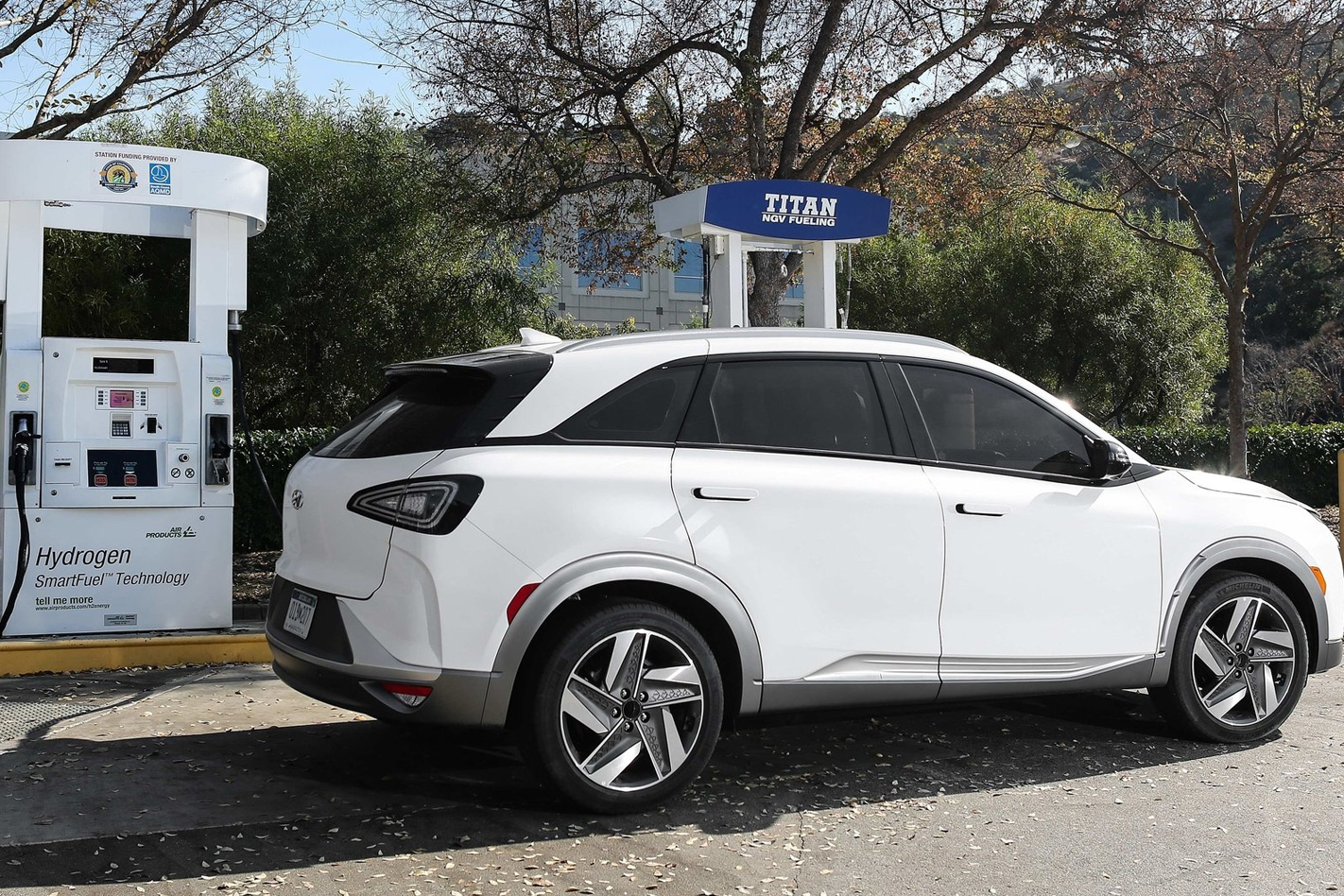
December 24: Hyundai Motor Group’s research and development centre will shift its focus away from internal-combustion engines (ICE) and towards electric and hydrogen propulsion.
According to Korean publication Daum, Hyundai’s R&D department has abandoned petrol and diesel engines, with its personnel of 12,000 directed to accelerate development of zero-emission powertrains.
An email sent to Hyundai executives and employees from newly-appointed R&D boss Park Jung-guk said: “The transition to electrification is now inevitable,” with industry insiders suggesting the transition began on December 17.

A report from June suggested the Korean car giant was looking to slash the number of ICE vehicles it produces by as much as half, with senior executives approving a plan to aggressively pursue electric development as early as March.
It’s understood Hyundai’s first petrol engine was created in 1991, marking three decades of rapid growth in the area of powertrain development.
Hyundai Motor Group has been forthcoming about its intentions to move towards an 80 per cent zero-emissions model range by 2040, with its Ioniq line-up set to expand this decade.
We recommend
-
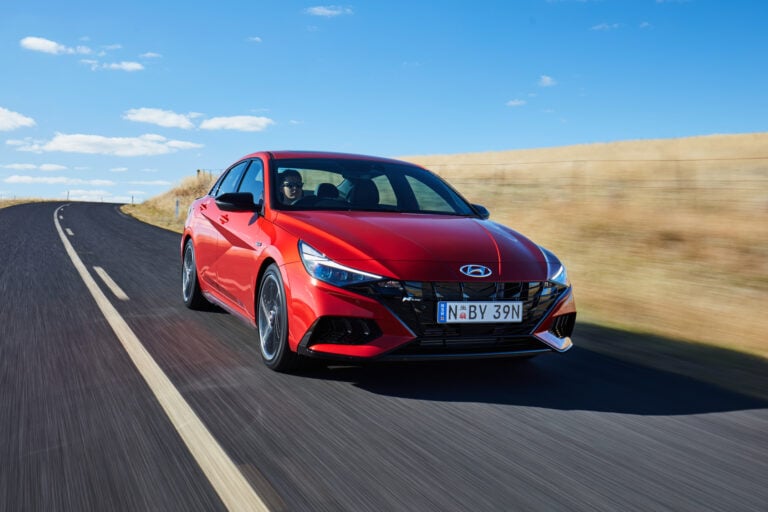 News
NewsHyundai looking to move away from ICE vehicles, Australian arm wants to see larger EV uptake
South Korea's largest automotive manufacturer wants to phase out combustion engines but its Australian arm believes support for EVs isn't there yet locally
-
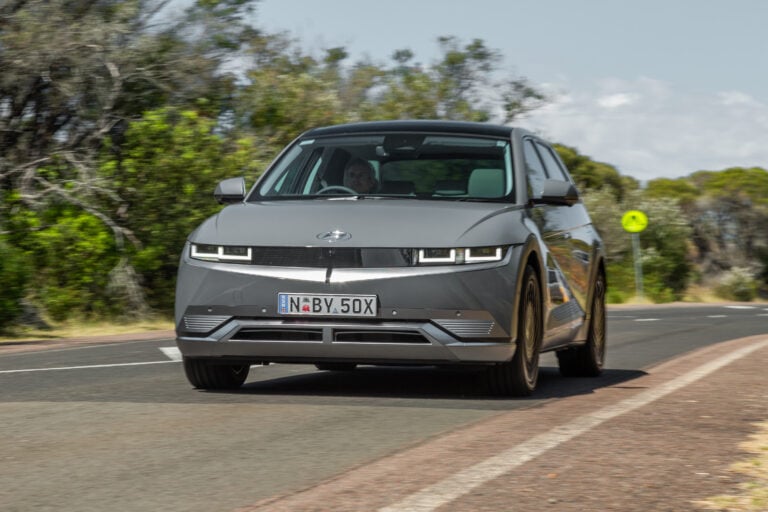 Reviews
Reviews2022 Hyundai IONIQ 5 EV review: Australian first drive
It's the most striking and intriguing car to ever come from Hyundai. We find out if the IONIQ 5 is as brilliant as it looks.
-
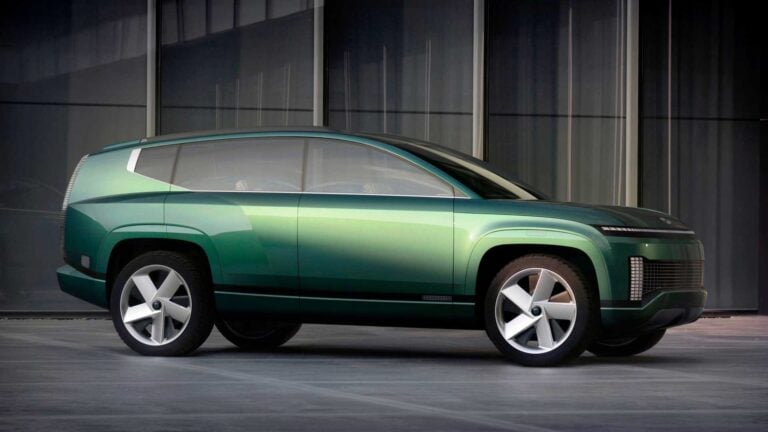 News
News2023 Hyundai Ioniq 9: Electric SUV previewed as concept
Hyundai’s electric SUV has made its debut as a concept



